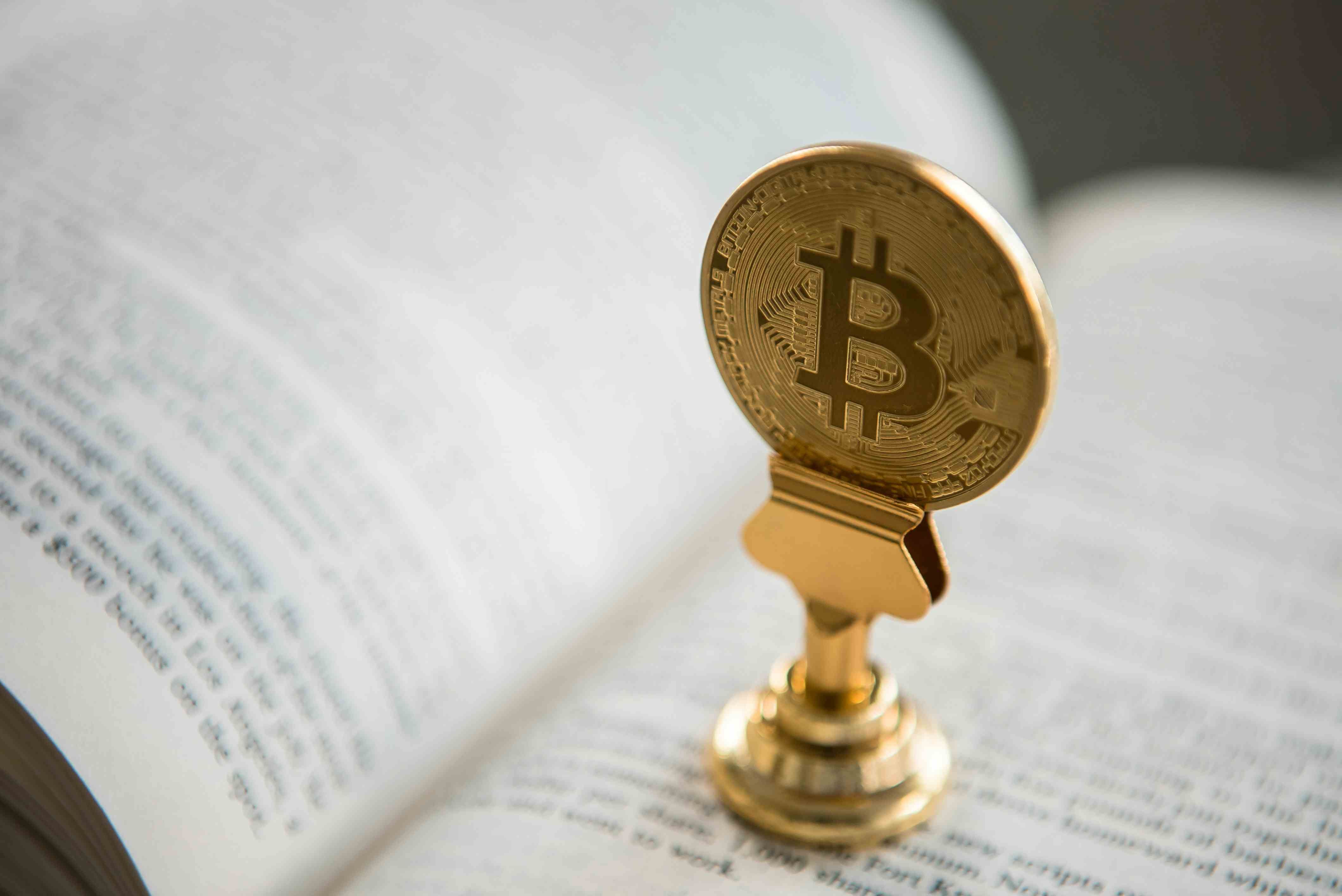 A landmark case ends, marking the U.S.'s shift from enforcement to real crypto policy. (Shutterstock)
A landmark case ends, marking the U.S.'s shift from enforcement to real crypto policy. (Shutterstock)Ripple is dropping our cross appeal, and the SEC is expected to drop their appeal, as they’ve previously said. We’re closing this chapter once and for all, and focusing on what’s most important – building the Internet of Value. Lock in. https://t.co/ZsRgDfcpLh
— Brad Garlinghouse (@bgarlinghouse) June 27, 2025
The SEC first sued Ripple Labs in December 2020, alleging that the firm conducted unregistered securities offerings by selling $1.3 billion worth of XRP tokens. The case quickly became a flashpoint in the broader debate over whether cryptocurrencies should be treated as securities under U.S. law.
In July 2023, Judge Torres issued a nuanced ruling: while Ripple’s direct institutional sales of XRP were deemed to be securities transactions, its programmatic sales to retail users via exchanges were not. The split verdict marked a watershed moment in crypto regulation, drawing praise from the industry for recognizing distinctions between various token sale models.
However, both sides soon appealed parts of the decision. The SEC challenged the ruling on programmatic sales, while Ripple filed a cross-appeal regarding the liability found in its institutional sales. That legal standoff has remained unresolved until now.
Ripple’s decision to drop its cross-appeal follows a failed attempt to reach a final settlement with the SEC. Earlier in June, both parties submitted a joint request to Judge Torres seeking approval for a $50 million civil penalty, down from the originally proposed $125 million, and the removal of a permanent injunction against Ripple’s future XRP sales to institutions.
The court rejected that request. In her ruling, Judge Torres said the lighter penalty and removal of injunctive relief were not warranted, citing a “reasonable likelihood” that Ripple could violate securities laws again. With the settlement attempt blocked, Ripple ultimately chose to accept the original terms: a $125 million fine and a permanent injunction on certain sales.
While the court’s ruling may not have gone entirely in Ripple’s favor, the conclusion of the case arrives in the midst of a broader shift in U.S. crypto policy under President Donald Trump’s administration.
Since returning to office, President Trump has endorsed several pro-crypto legislative efforts, including the GENIUS Act, and replaced top SEC leadership with officials more amenable to digital asset innovation. The Commission under this new leadership has moved to de-escalate several high-profile enforcement actions, including pending cases against Coinbase and Kraken.
Ripple CEO Brad Garlinghouse alluded to the shifting regulatory climate in his public statement, saying: “We’re closing this chapter once and for all, and focusing on what’s most important – building the Internet of Value.”
The Ripple case has had a lasting impact on the legal treatment of crypto assets in the U.S., particularly regarding when and how tokens fall under the definition of securities. The Torres ruling, though not binding precedent outside her district, has been cited in other ongoing crypto cases and is widely seen as a foundational interpretation for how courts may approach future enforcement.
XRP reacted positively to the news, posting modest gains in trading volume, though the token has yet to recover the dramatic highs reached before the lawsuit began.
Ripple’s legal troubles may be ending, but the company has already pivoted toward its global business strategy in the intervening years. It has expanded partnerships with financial institutions outside the U.S., particularly in the Asia-Pacific and Middle East regions. Its On-Demand Liquidity (ODL) service, which leverages XRP to facilitate cross-border payments, continues to gain traction among banks and remittance firms.
Analysts expect Ripple to re-engage with U.S. financial firms now that the regulatory uncertainty has been lifted. However, the permanent injunction against institutional sales of XRP in the U.S. may still act as a brake on full domestic integration.
The conclusion of SEC v. Ripple marks more than the end of one lawsuit. It also closes a chapter that many consider emblematic of the early years of the U.S. government’s attempt to regulate an emerging asset class without dedicated legislation. With multiple bills under review in Congress and renewed industry engagement with policymakers, the post-Ripple landscape may be one where clearer guardrails, rather than litigation, guide innovation.

UAE and France collaborate on crypto tradable indices

Universal has launched a USD-backed stablecoin in the UAE

Crypto legislation waits in the senate

Trump focuses on curbing data center energy costs